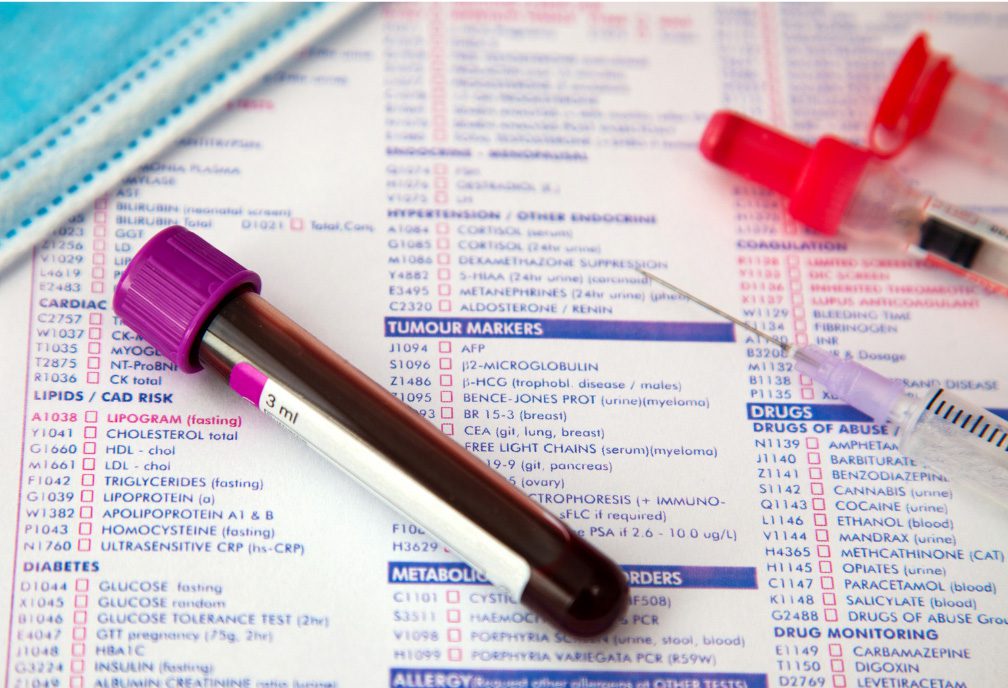Infectious diseases are increasing and they can have a lasting impact on one's physical and mental health. Conditions such as Lyme Disease, Tick-borne illness, COVID, Epstein-Barr, mycoplasma pneumonia, coxsackie, herpes 6, streptococcus, etc. can and do affect mental health and are increasing, yet frequently missed.
PANS and PANDAS is one of these increasing conditions and now one in every 150 to 200 children have PANS, PANDAS or AE. These three separate disorders produce behaviors that can be frightening. While PANS and Onset of PANS and PANDAS can now be in adulthood, so even though the “P” stands for pediatric, it can start as an adult. PANDAS require a sudden onset of symptoms, it is important to understand that research finds that not all do have a sudden onset and many have soft signs that wax and wane before a worsening of symptoms or there are pre-existing conditions that dramatically worsen.
Even though PANS and PANDAS result from an infectious disease or toxin trigger that should be easy to find in lab work, it isn’t the case. Complicating proper diagnosis for PANS and PANDAS is a whole lot of misinformation and downright ignorance. How a medical or mental health practitioner could ever think PANS or PANDAS isn’t real, is truly beyond me!
When considering a diagnosis of PANS ,PANS, or AE, Lyme or a tick-borne disease, or other infectious diseases for your child, it is imperative that you understand that THERE IS NO SINGLE TEST OR COMBINATION OF TESTS THAT ARE DIAGNOSTIC. PANS and PANDAS (or Lyme or tick-borne infection) is a clinical diagnosis that is done through a clinical intake process. Lab work needs to be viewed as a great tool that can get to the root causes and help guide treatment.
It is important to find a PANS/PANDAS/AE literate provider who interpret the blood work, as well as coordinate care for your child or teen. Here are our recommended lab tests for PANS/PANDAS/AE. ***Please note these are the same lab tests we recommend for Lyme or any tick-borne infections, as well as viruses.
Basic lab work should include:
- Strep throat culture, 48-hour culture and/or perianal culture
Bacteria and Virus Blood Work:
- Lyme Disease and co-infections: Lyme Western Blot and Elisa, Babesia microti and duncani, Bartonella, B. Miyamotoi, Ehrlichia, Anaplasma
- Anti-Streptolysin (ASO)
- Anti DNase B
- Streptozyme
- Mycoplasma Pneumoniae
- Pneumococcal Antibody
- Epstein Barr Virus Panel
- Coxsackie A & B Titers
- HHV-6
- COVID
Immune System and Autoimmune Testing:
- IgE Level
- IgA, IgG, IgM
- IgG (subclass 1, 2, 3, 4)
- Streptococcus Pneumoniae Serotypes
- White blood cell count
- Inflammation markers
- CBC
- ANA
- Further Testing:
- Ferritin
- Serum Copper
- Vitamin D
- B-12
- B-6
- Plasma Amino Acids
- Organic Acids Test
- Stool Testing
- Thyroid testing: Free T3 & T4 and TSH (Thyroid)
Other testing:
- Testing for genetic mutations such as MTHFR
- Full panel nutrient testing
- Food allergy testing
- Mold testing
- Cunningham Panel ( Please note that a Cunningham Panel is NOT required for a PANS or PANDAS diagnosis)
Talk to your medical provider about these lab tests to get to those root causes. Please note that we only provide medical referrals to those that are participating in our one-to-one BrainBehaviorReset™ Program. We recommend finding PANS/PANS/AE or Lyme and Tick-borne illness, as working with a non-literate provider will be a frustrating and exhausting experience that will end in you or child not getting appropriate solutions. You can find literate and experienced medial providers through organizations such as Aspire.care, Epidemic Answers, and The International Lyme Disease and Associated Disease Society (ILADS).
*Disclaimer: This article is for informational purposes only and is not intended to give health advice and it is recommended to consult with a physician before beginning any new health regime.
Always remember… “Calm Brain, Happy Family™”
Are you looking for SOLUTIONS for your struggling child or teen?
Dr. Roseann and her team are all about solutions, so you are in the right place!
There are 3 ways to work with Dr. Roseann:
You can get her books for parents and professionals, including: It’s Gonna Be OK™: Proven Ways to Improve Your Child’s Mental Health, Teletherapy Toolkit™ and Brain Under Attack: A Resource For Parents and Caregivers of Children With PANS, PANDAS, and Autoimmune Encephalopathy.
If you are a business or organization that needs proactive guidance to support employee mental health or an organization looking for a brand representative, check out Dr. Roseann’s media page and professional speaking page to see how we can work together.
Dr. Roseann is a Children’s Mental Health Expert and Therapist who has been featured in/on hundreds of media outlets including, CBS, NBC, FOX News, PIX11 NYC, The New York Times, The Washington Post,, Business Insider, USA Today, CNET, Marth Stewart, and PARENTS. FORBES called her, “A thought leader in children’s mental health.”

She is the founder and director of The Global Institute of Children’s Mental Health and Dr. Roseann Capanna-Hodge. Dr. Roseann is a Board Certified Neurofeedback (BCN) Practitioner, a Board Member of the Northeast Region Biofeedback Society (NRBS), Certified Integrative Medicine Mental Health Provider (CMHIMP) and an Amen Clinic Certified Brain Health Coach. She is also a member of The International Lyme Disease and Associated Disease Society (ILADS), The American Psychological Association (APA), Anxiety and Depression Association of America (ADAA) National Association of School Psychologists (NASP), International OCD Foundation (IOCDF) International Society for Neurofeedback and Research (ISNR) and The Association of Applied Psychophysiology and Biofeedback (AAPB).
© Roseann-Capanna-Hodge, LLC 2023
Disclaimer: This article is not intended to give health advice and it is recommended to consult with a physician before beginning any new wellness regime. *The effectiveness of diagnosis and treatment vary by patient and condition. Dr. Roseann Capanna-Hodge, LLC does not guarantee certain results.













